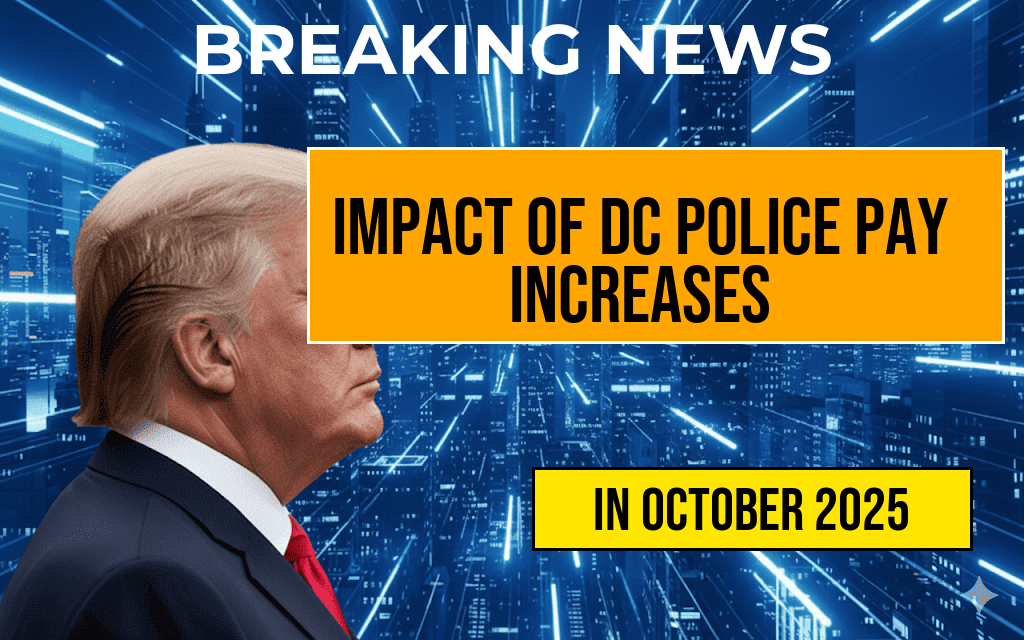The recent update to the Social Security Administration’s (SSA) database of jobs could significantly impact individuals applying for Social Security Disability Insurance (SSDI). As the agency refines its classifications and assessments based on the current job market, many SSDI claimants may find themselves facing denials due to the new listings. The implications of this shift are substantial, prompting concerns among advocates and potential beneficiaries alike. With certain job categories now deemed “available” for those deemed capable of work, claimants may see their cases dismissed despite ongoing disabilities. This article explores how the updated database could result in $0 benefits for many and what claimants need to know to navigate this evolving landscape.
Understanding SSDI and the Job Market Update
Social Security Disability Insurance is designed to provide financial assistance to individuals who cannot work due to severe medical conditions. To qualify for SSDI, applicants must demonstrate that they are unable to engage in “substantial gainful activity” (SGA). However, with the SSA’s updated database, the criteria for what constitutes SGA may shift, affecting many claimants’ eligibility.
How the New Job Listings Affect Eligibility
The SSA regularly updates its listings of available jobs to reflect changes in the economy and labor market. The latest revision has introduced new categories of employment that could be considered suitable for SSDI claimants. This poses a risk as many individuals may be classified as capable of performing jobs that they are physically or mentally unable to do, thus leading to potential benefit denials.
- Increased Denials: With more job options listed, the SSA may argue that claimants can find suitable work, despite their disabilities.
- Subjective Job Classifications: The interpretation of what constitutes “available work” can vary, leaving claimants vulnerable.
- Impact on Existing Claims: Those already receiving benefits may also face reviews that could jeopardize their financial support.
The Implications for Current and Future Claimants
The potential for SSDI claimants to receive $0 in benefits due to the updated database raises significant concerns. Many individuals rely on these funds for basic living expenses, and losing access to them could result in dire circumstances. Understanding the implications of these changes is crucial for both current beneficiaries and new applicants.
Strategies for Navigating the New Landscape
Claimants should be proactive in understanding their rights and the ongoing changes within the SSA. Here are some strategies to consider:
- Stay Informed: Regularly check for updates on the SSA’s website and consult with disability advocates to understand the latest changes.
- Document Your Condition: Maintain thorough records of your medical condition and how it affects your ability to work.
- Seek Legal Advice: Consider consulting with a disability attorney who can provide guidance tailored to your specific situation.
The Role of Advocacy Groups
Advocacy organizations play a crucial role in supporting SSDI claimants during these uncertain times. Groups such as the National Organization of Social Security Claimants’ Representatives (NOSSCR) are actively working to address the challenges posed by the updated database. They provide resources, legal assistance, and advocate for legislative changes to protect the rights of individuals with disabilities.
Resources for Claimants
For those navigating the SSDI application process or facing potential denials, the following resources can provide valuable support:
- Social Security Administration – Disability Benefits
- National Organization of Social Security Claimants’ Representatives
- Forbes – Understanding SSDI
The implications of the updated job database are profound, making it essential for SSDI claimants to remain vigilant. While the changes could lead to increased denials, staying informed and utilizing available resources can help individuals navigate this complex landscape. As the SSA continues to adapt its policies, the need for advocacy and support remains critical.
Frequently Asked Questions
What is the updated database affecting SSDI claimants?
The updated database refers to a revised jobs list utilized by the Social Security Administration (SSA) that identifies available work opportunities. This list may impact SSDI claimants by potentially leading to denials if claimants are found to be able to perform jobs listed in the database.
How could the new jobs list lead to $0 benefits for SSDI claimants?
If the SSA determines that an SSDI claimant can perform one of the jobs on the new list, they may be deemed not disabled, resulting in a loss of benefits or a $0 payment. This can happen even if the claimant is unable to find employment.
What types of jobs are included in the updated database?
The updated jobs list contains a variety of positions that the SSA considers suitable for individuals with disabilities. These jobs may include roles that are less physically demanding; however, they might still be seen as workable by the SSA, which can affect a claimant’s eligibility.
What should SSDI claimants do if they receive a denial based on the new database?
If an SSDI claimant receives a denial due to the updated jobs list, they should consider seeking a reconsideration of their case. This can involve providing additional medical evidence or documentation demonstrating their inability to work.
Are there any protections for SSDI claimants regarding the new jobs list?
While there are no specific protections against the new jobs list, claimants can appeal decisions and present their case. It is crucial for SSDI claimants to stay informed about their rights and the implications of the updated database on their benefits.








